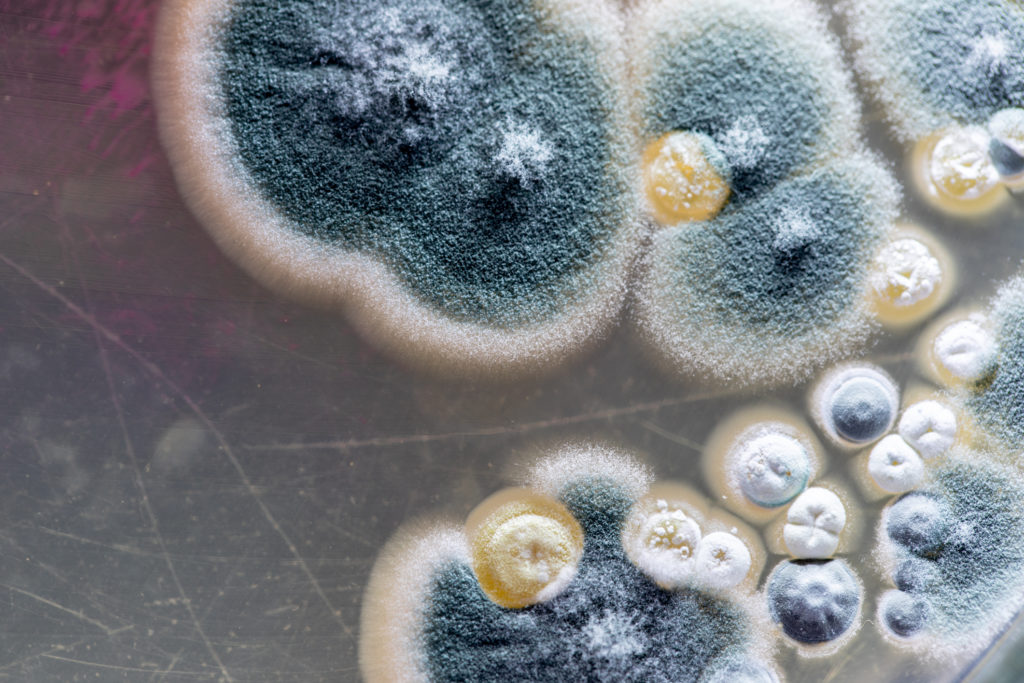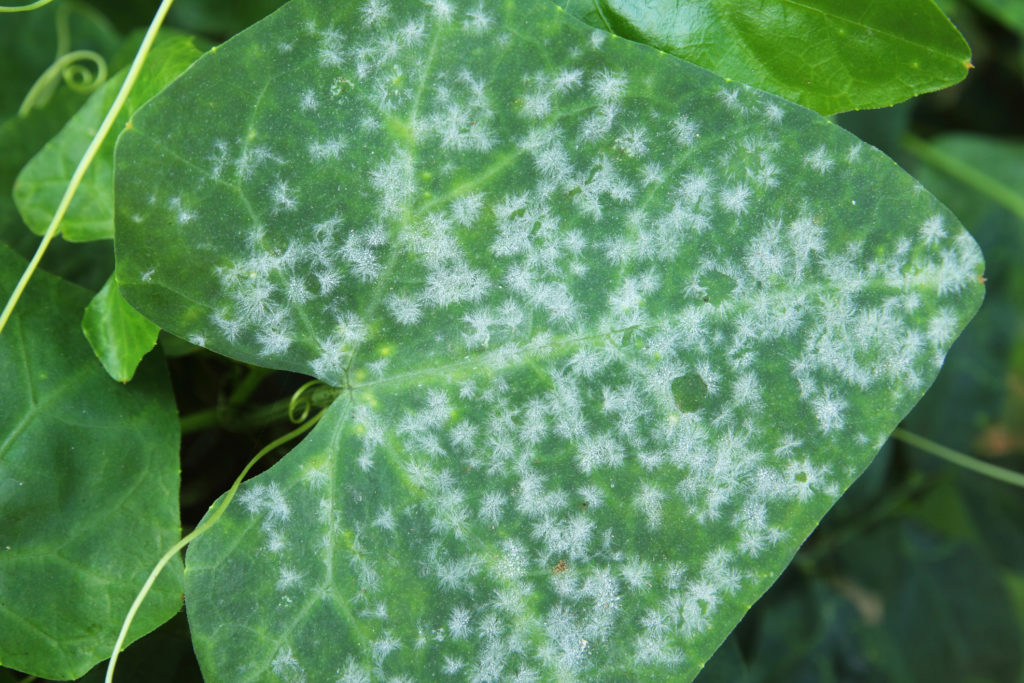Fungal infections in plants and food can significantly impact agricultural production and human health. Fungi are diverse organisms that can cause plant diseases and food spoilage. Some fungi are also pathogenic to humans and can cause various infections.

Fungi are ubiquitous and can be found in soil, air, water, and on plants and animals. While many fungi are harmless, some can cause severe damage to plants, leading to reduced crop yields, loss of income for farmers, and reduced food availability for the general population. Fungal diseases can also affect the quality and safety of food by producing toxic substances or lowering its nutritional value.
One of the most common fungal infections in plants is powdery mildew, which affects many crops, including wheat, grapes, and vegetables. This disease can significantly reduce crop yields and quality, leading to economic losses for farmers. Other fungal infections of plants include rusts, blights, and wilts, all of which can have devastating effects on agriculture.
Fungal infections can also affect food, leading to spoilage and reducing its shelf life. Mould is a common type of fungi that grows on food, and while some moulds are harmless, others can produce mycotoxins that can cause illness in humans. Aflatoxins, produced by the mould Aspergillus flavus, are a well-known example of mycotoxins that can contaminate food, particularly nuts and grains, and are known to cause liver cancer.

Fungal infections can also directly threaten human health, as some fungi can cause infections in humans. For example, Aspergillus fumigatus can cause lung infections in immunocompromised individuals, while Candida albicans can cause vaginal and oral infections. In addition, some fungi produce toxic substances called mycotoxins, which can contaminate food and cause illness in humans.
Various factors, including poor sanitation, inadequate storage and handling, and climate change, can facilitate the spread of fungal infections in plants and food. Climate change, in particular, is expected to significantly impact fungal infections, as warmer temperatures and increased humidity can promote the growth and spread of fungi.

Various strategies can be employed to mitigate the impacts of fungal infections in plants and food, including using fungicides, good sanitation practices, and proper storage and handling of food. Farmers can also adopt practices such as crop rotation and planting disease-resistant crops to reduce the risk of plant fungal infections. In addition, monitoring and surveillance systems can be put in place to detect and respond to outbreaks of fungal infections in plants and food.
Fungal infections in plants and food can significantly impact agricultural production and human health. While many fungi are harmless, some can cause serious damage to crops and contaminate food with toxic substances. To mitigate the risks associated with fungal infections, it is important to employ good sanitation practices, use appropriate agricultural practices, and monitor and respond to outbreaks promptly.





